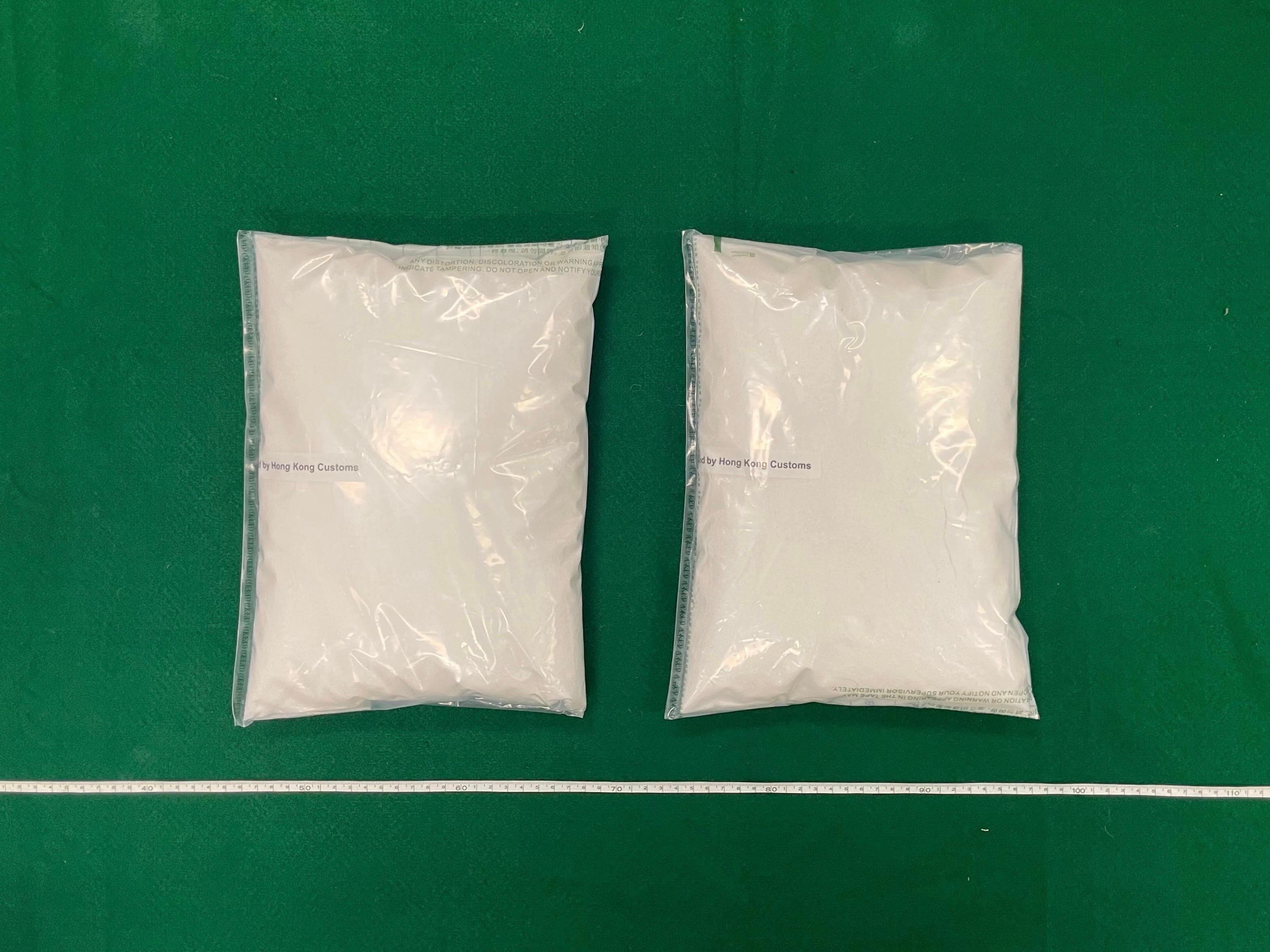To encourage recycling and upcycling of yard waste in the community, the Environmental Protection Department (EPD) today (December 20) called on members of the public and commercial and industrial (C&I) organisations to recycle their natural Christmas trees waste (NCTs) intended for disposal under the 2024-25 NCTs Recycling Programme. The NCTs collected will be processed at Y·PARK and turned into different recycled products, such as mulch and sawdust for planting and gardening, etc. The Programme arrangements are as follows:
Collection period: January 3 to 7, 2025 (five days)
Collection points: The following Central Collection Point and District Collection Points
| Central Collection Point (CCP) |
Address |
Telephone |
Collection time |
| Y·PARK |
EcoPark, 133 Lung Mun Road, Tuen Mun Area 38 |
5743 9221/
9728 9341 |
9am to 6pm |
District Collection Points (DCPs)
(including the EPD’s Recycling Stations and the Food and Environmental Hygiene Department’s Public Refuse Collection Points (RCPs)) |
Address |
Telephone |
Collection time |
| (Only household NCTs 2 metres tall or below will be accepted) |
| Hong Kong Island |
| 1. GREEN@EASTERN |
30 Oi Shun Road, Shau Kei Wan |
2778 2330 |
8am to 8pm |
| 2. GREEN@WAN CHAI |
6 Wan Shing Street, Wan Chai |
2811 1567 |
| 3. Ap Lei Chau Municipal Services Building RCP |
Ap Lei Chau Municipal Services Building, 8 Hung Shing Street, Ap Lei Chau |
Not applicable |
7am to 11:30pm |
| 4. Arbuthnot Road RCP |
Junction of Arbuthnot Road and Caine Road, Central |
6.30am to 5pm |
| 5. Paterson Street RCP |
Junction of Paterson Street and Gloucester Road, Causeway Bay |
6.30am to 11.30pm |
| Kowloon |
| 6. GREEN@KWUN TONG |
27 Sheung Yee Road, Kowloon Bay |
2776 5700 |
8am to 8pm |
| 7. GREEN@SHAM SHUI PO |
339 Tung Chau Street, Sham Shui Po |
2522 4388 |
| 8. Sai Yee Street (Flower Market Road) RCP |
188 Sai Yee Street, Mong Kok |
Not applicable |
6.30am to 11pm |
| New Territories |
| 9. GREEN@SHA TIN |
10 On Ping Street, Shek Mun |
2285 9433 |
8am to 8pm |
| 10. GREEN@YUEN LONG |
65 Tin Wah Road, Tin Shui Wai |
2617 0117 |
| 11. GREEN@TUEN MUN |
9 Tuen Yee Street, Tuen Mun |
2496 4288 |
| 12. GREEN@KWAI TSING |
12 Tam Kon Shan Road, Tsing Yi |
3905 4840 |
| 13. GREEN@TAI PO |
25 Dai Wah Street, Tai Po |
3468 8073 |
| 14. GREEN@ISLANDS |
1 Chung Mun Road, Tung Chung |
2499 2308 |
| 15. GREEN@SAI KUNG |
3 Po Lam Lane, Tseung Kwan O |
2727 7330 |
Note: If members of the public and C&I organisations have to recycle NCTs before January 3 or during January 8 to 20, 2025, please deliver them to Y·PARK during its operating hours (9am to 6pm, Monday to Saturday, except public holidays).
An EPD spokesman said that the Programme is limited to the recycling of NCTs, and all lighting, plastic stands, decorations and tape on the NCTs should be removed before delivery to facilitate the subsequent recycling processes. Artificial Christmas trees and other festival decorations can be kept for reuse to help reduce waste and conserve resources, while small potted plants such as poinsettias can be replanted.
An e-certificate will be issued to the participants who deliver NCTs to the CCP or the Recycling Stations for recycling. Participants will also receive a gift upon delivery of NCTs to the Recycling Stations while stocks last. For details of the NCTs Recycling Programme, please visit the Hong Kong Waste Reduction website at
www.wastereduction.gov.hk/en-hk/article/2024-25-natural-christmas-trees-recycling-programme.
The EPD also welcomes other organisations and associations to provide recycling services for NCTs to help the public and C&I organisations to participate and enhance waste reduction efforts for all.
read more


